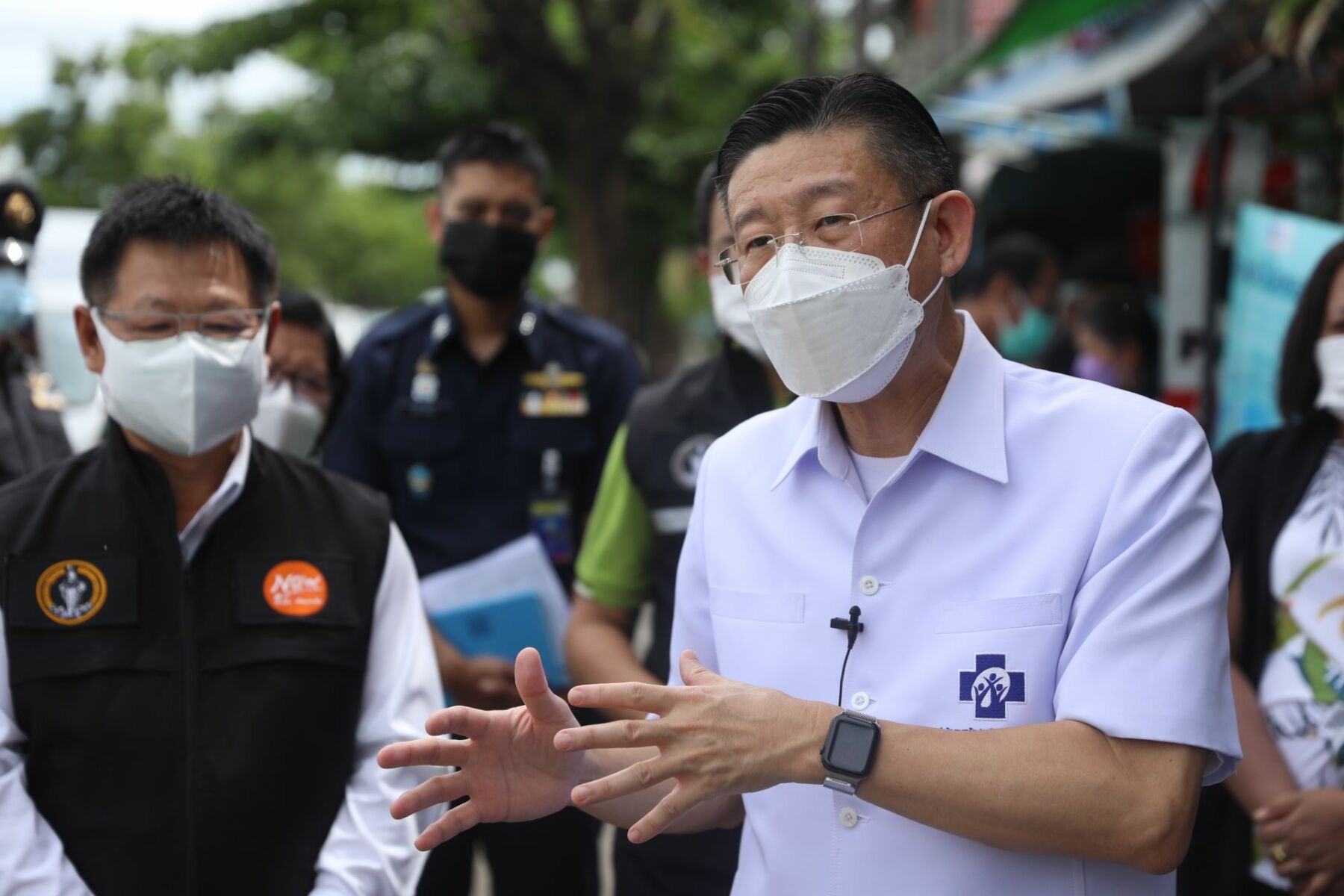Breast cancer screenings now available to all insured Thai citizens

The National Health Security Office (NHSO) of Thailand announced that breast cancer screenings will now be available to all Thai citizens insured under any healthcare scheme, conditional on certain criteria.
Deputy Secretary-General of NHSO, Attaporn Limpanyalert, emphasised the critical need for preventive healthcare measures in combatting the disease. This move comes as an extension of the existing provisions within the 30-baht universal healthcare package, otherwise known as the “gold card” scheme.
According to Attaporn, preventive measures are crucial to the country’s health security. He insisted that breast cancer screenings should not just be confined to subscribers of the universal healthcare scheme, they should also be accessible to subscribers of other health insurance schemes. The eligibility criterion for such screenings includes being over 18 years of age and having a history of cancer treatment, or having family members who have or had battled the disease.
“Early detection and early medical treatment can help save a patient’s life. Screening will reduce the high death rate among breast cancer patients.”
The NHSO will fully fund the breast cancer screenings and, if a patient is diagnosed with cancer following the screening, they will receive medical treatment under their respective healthcare insurance system.
Despite the availability of such screenings, only 420 individuals have claimed this right so far. According to Attaporn, this is largely due to the lack of awareness about the availability of these screenings.
The NHSO began offering breast cancer screenings to women subscribing to the universal healthcare scheme in January and has decided to extend these services to other healthcare schemes to enhance health security for women across the country.
On top of that, for the first time in Thailand, Chulalongkorn University’s Faculty of Pharmaceutical Sciences lecturers have successfully created antibodies from tobacco plants that minimise the growth of cancer cells in laboratory animals. This raises the prospect of more affordable access to effective cancer medication and therapy. Click HERE to read more.
Latest Thailand News
Follow The Thaiger on Google News:


























